Acts 25: 13b-21; Jn. 21:15-19
“Follow me”. The question Jesus asks Peter in the gospel is the question of the day and the question of a lifetime. “Do you love me?” It is not a general question but a personal calling to Peter by his name, “Simon Peter, son of John” by your name and your heritage “do you love me?” We are all called by Jesus but who is ready to follow him.
In Paul we see the witness of his readiness to follow unto death, the great sacrifice of faith. Jesus says to Peter “feed my sheep” and “tend my sheep”. The aspect of feeding is a call to the faithfulness in the proclamation of the Word and in the Eucharist. It is a calling to the celebration of the Mass. We are fed the Word but also we are given an “exegesis” in Greek “to bring out” the interpretation of Sacred Scripture in the original meaning and then an “exposition” which is determining the passage’s meaning for contemporary times (CCC 116, 119). Feeding is also the reception of the body, blood, soul and divinity of Jesus in the Eucharist to strengthen our body and soul to follow him.
Jesus also calls Peter to “tend” the sheep of Jesus. Remember that earlier in the week Jesus is giving thanks to the Father in prayer for he tended to his disciples and none of them was lost “except the son of destruction.” Webster’s (on-line) definition of “tend” is to “watch over” and “apply oneself to the care of “. The archaic meaning is to “attend as a servant” which is the call to the disciples at the Last Supper in the washing of the feet. Jesus is calling Peter to be a servant of the people after the resurrection as he did before the Passion.
In the spirit of Pope Francis his calling is to go out and smell like the sheep. If you care for someone you invest time with them to know their minds, hearts, and souls. I was listening to a program on EWTN and the priest was in charge of seminarians in Alaska. As the seminarians were assigned to parishes they asked what would be their assigned duties at the parish thinking of the traditional roles like teach RCIA or baptism classes. The Priest told them your assignment is to go work with the people and learn about who they are in their culture. That meant if they are fishermen for a living go fish, if they hunt go hunt, meet them in their world and in their cultural needs for survival and learn who they are. This meant smelling like the sheep.
The Pharisees and Sadducees in Jesus time separated themselves from the lives of the people protected by the temple and temple guards “watching over” the people as legislative judges not participants among the sheep. There is a story of Father Groeschel from the Franciscan Friars of the Renewal that was told on “Sunday Night Live” (EWTN). Father Groeschel received Mother Teresa of Calcutta as a visitor. They were walking the streets of the Bronx and passed a homeless man on the street. Father Groeschel gave him a greeting and kept walking. He turned and Mother Teresa was not next to him. She stayed behind and was talking to the man. She later commented to Father Groeschel that she saw Jesus in the man’s face. If we saw Jesus in those around us how much attention would we give them. What love would we offer them? Would we tend to them or simply keep walking after a formal greeting.
The first step in tending to someone is to “listen”. To listen with an open heart and a clear mind to Jesus in the person before us as Jesus makes himself present. Allow Jesus to guide our calling to service in the present moment as instruments in his hand. Then respond as Jesus to others that we may all share in his one body.
As a mother watches over her children she knows by just observation and listening to their voice if something is needed, often with the question, “what happened?” They know their sheep and often accused of having eyes behind their head. They are the eyes of the heart that tend to their sheep. Let us learn from mothers and apply that love to the stranger, the orphan, the homeless, the poor and the sick but also to the neighbor standing next to us as Jesus stood next to the disciples on the road to Emmaus. Let us remember to call on our Blessed Mother who stands close to the heart of Jesus to intercede for us with her son. She is a powerful voice tht gets results as in the Wedding of Cana.
Jesus is calling, “follow me”.
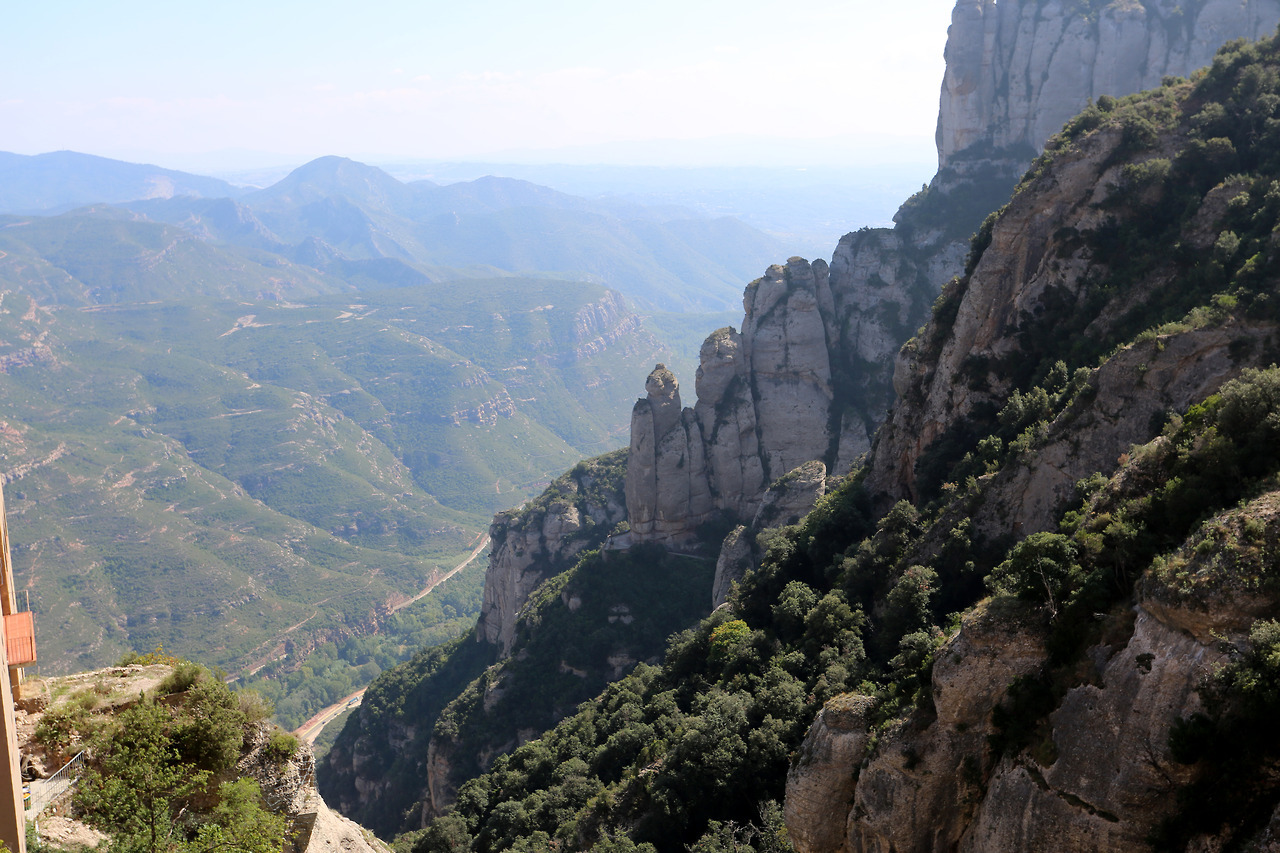


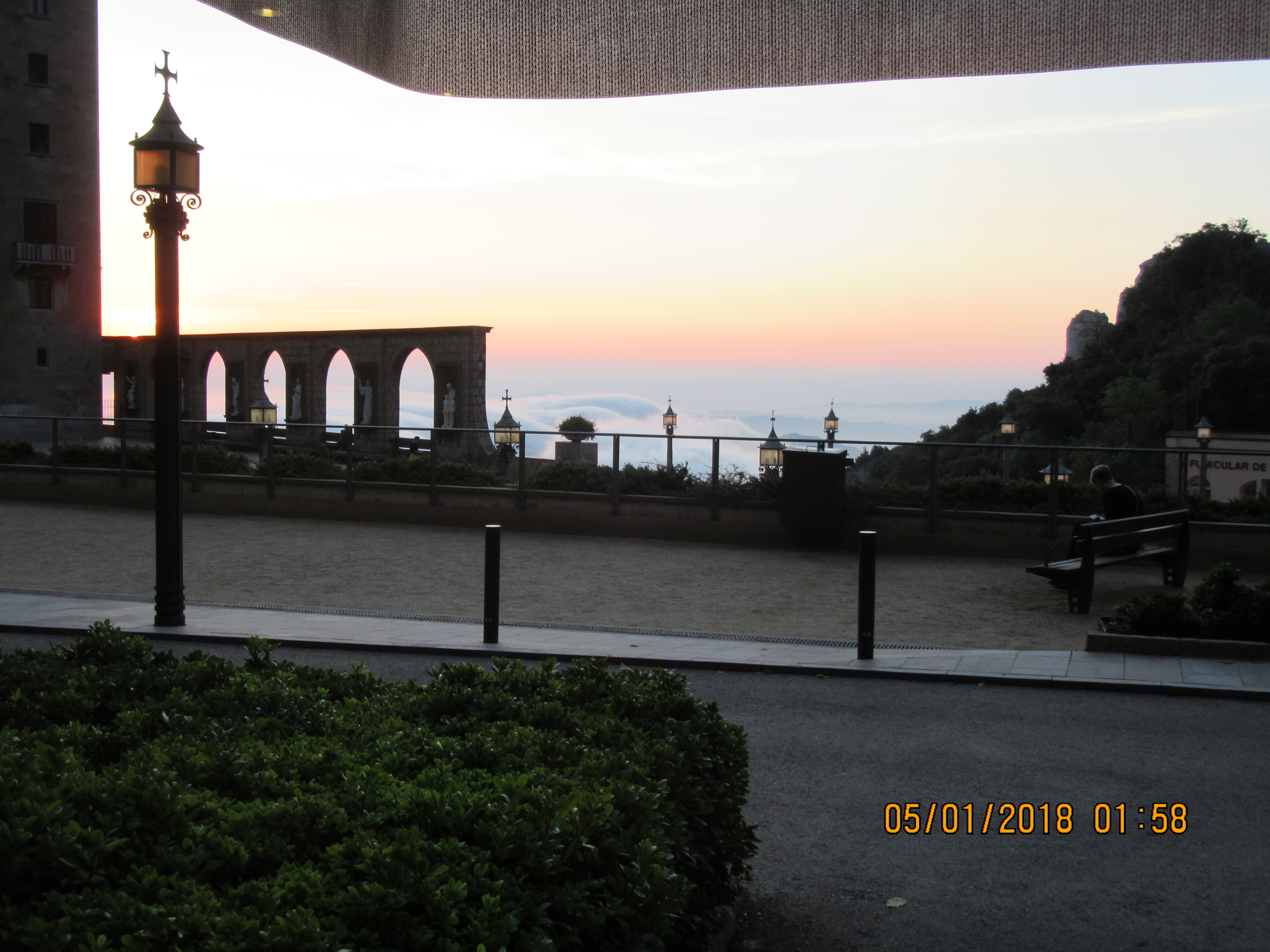



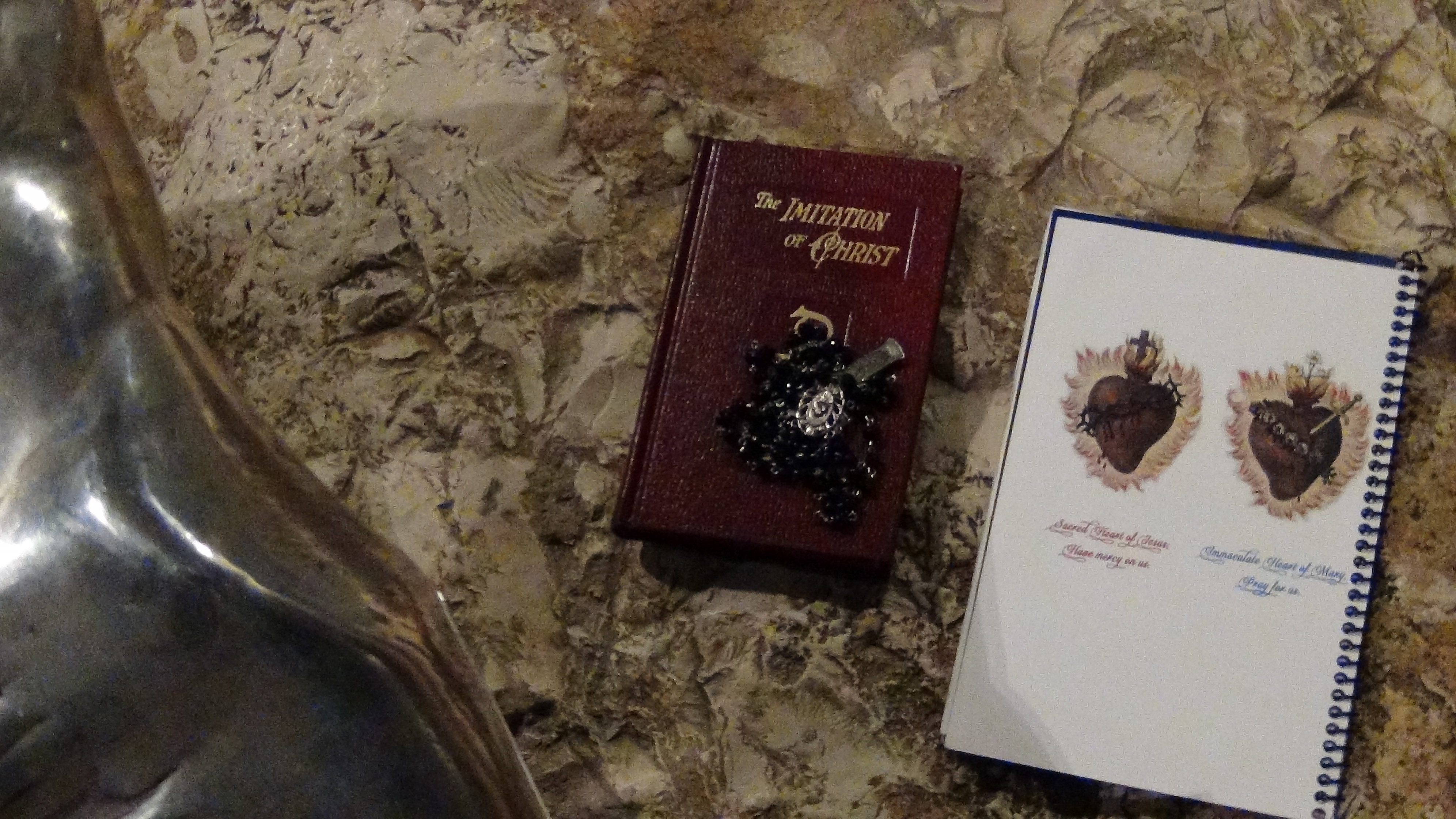
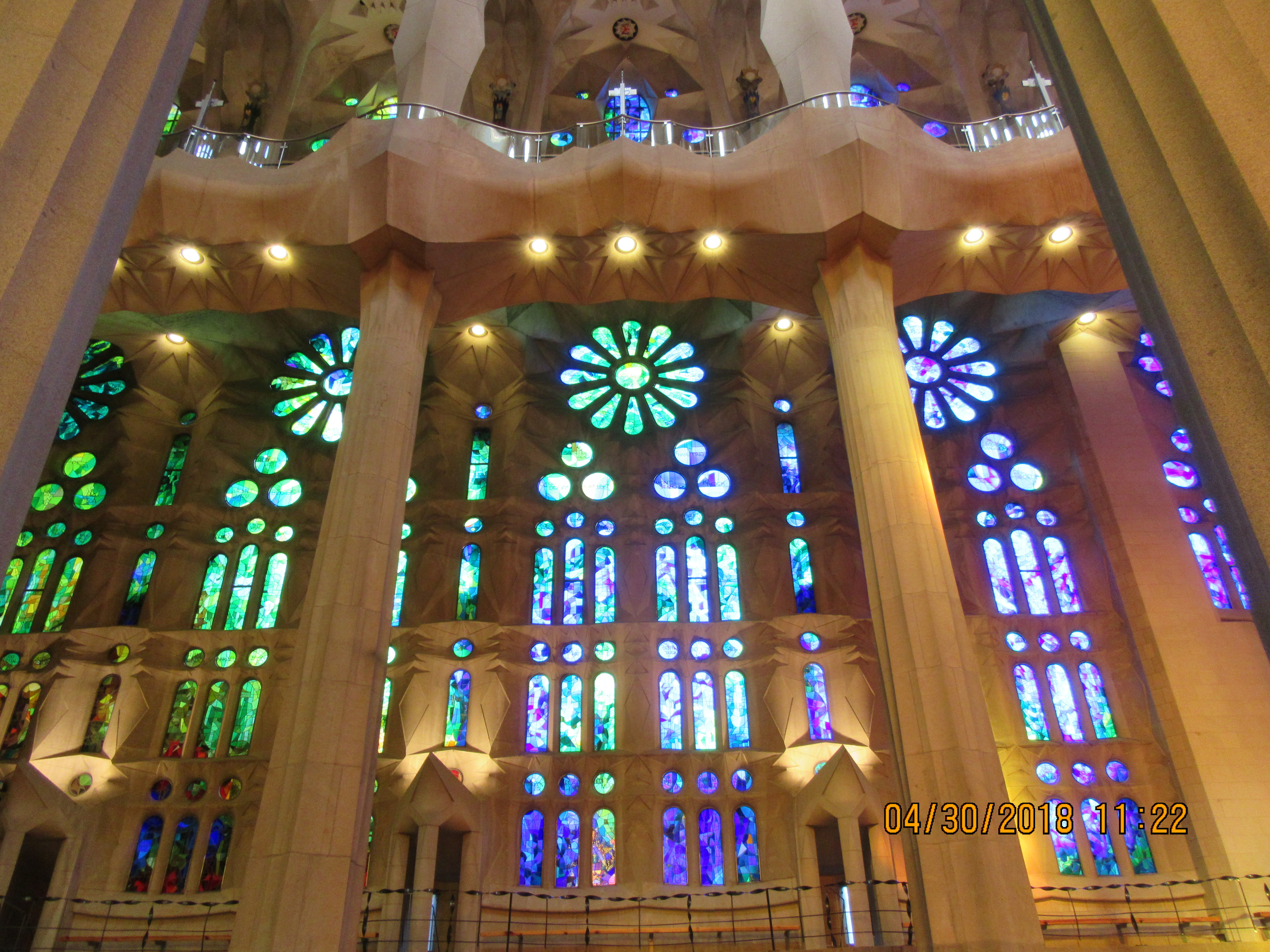


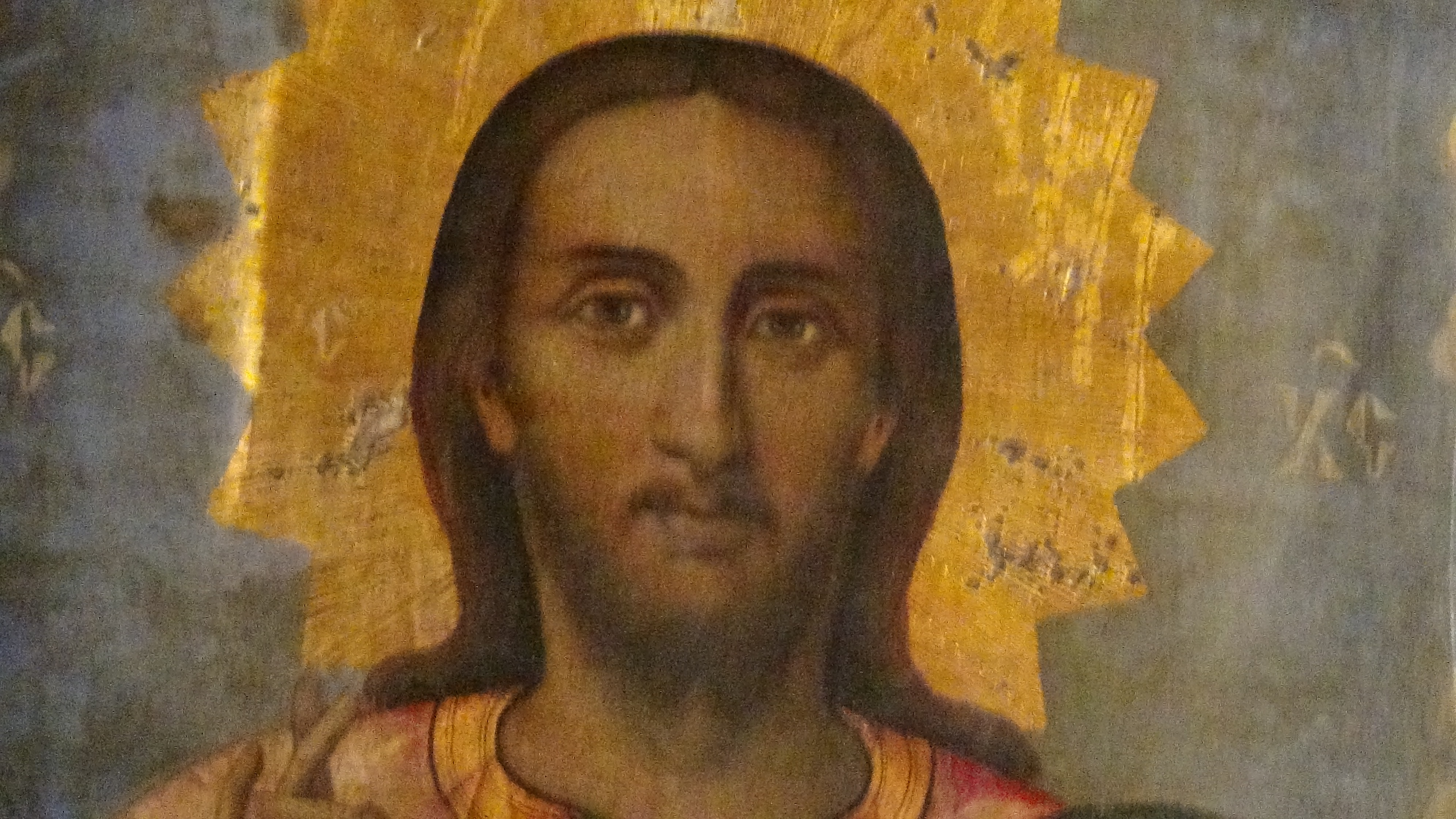




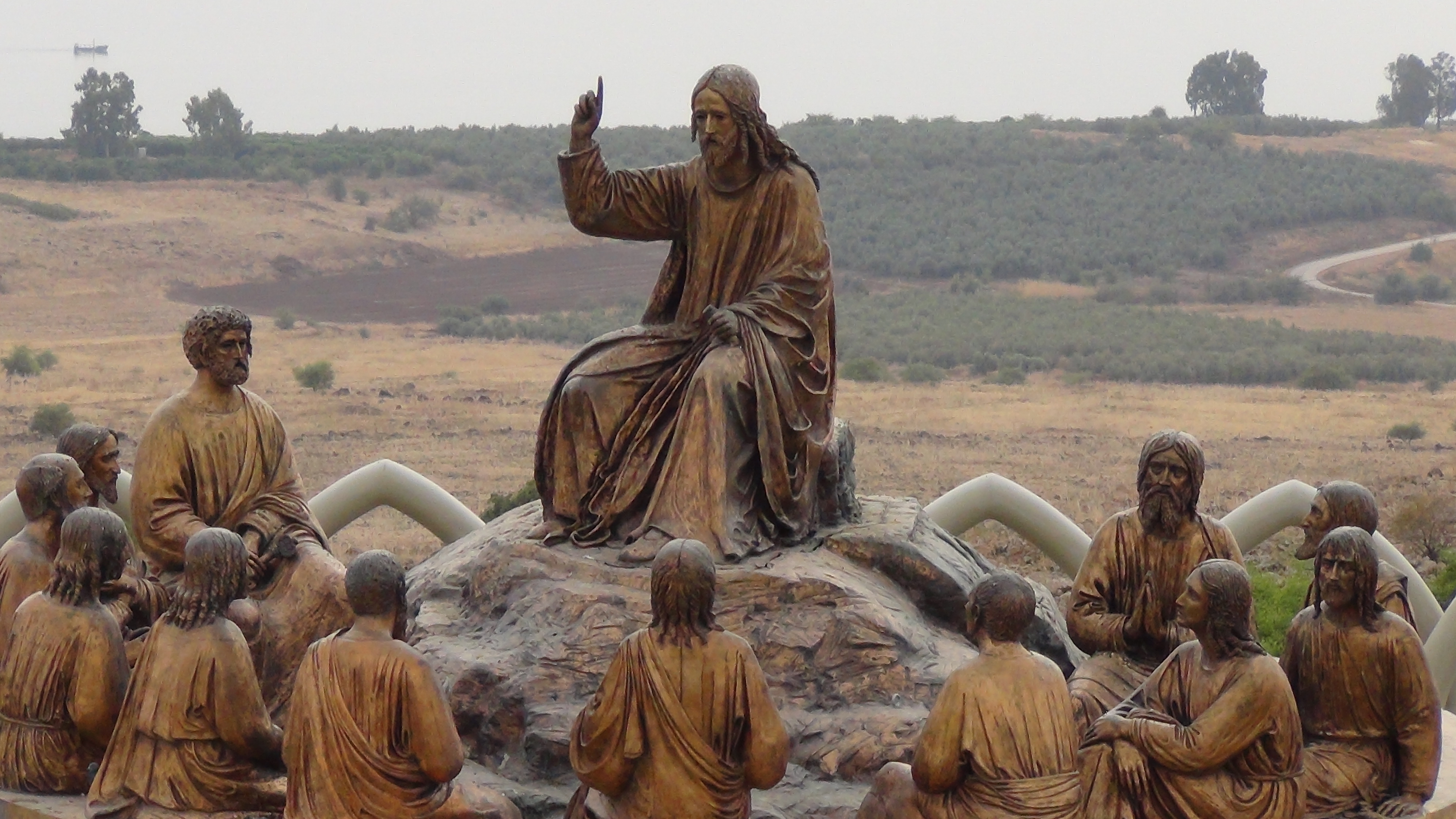

Recent Comments